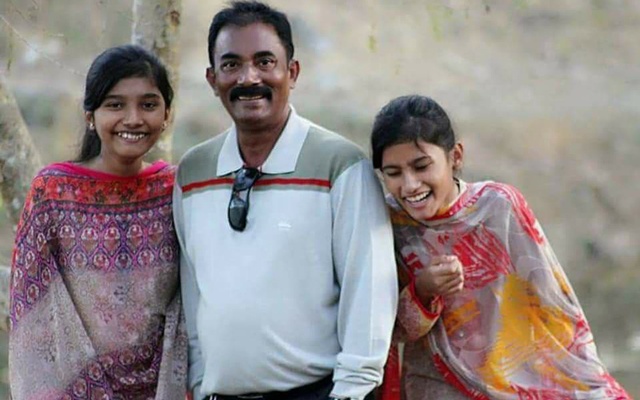Originally published in Dhaka Tribune.
A string of due process violations have taken place in recent times. However, not many seem to be concerned about this problem, while some have also rejoiced the outcomes.
The recent bout started with the government’s campaign against drugs, which has so far seen more than a hundred deaths, many of which are allegedly extra-judicial killings by the police. Special attention to this issue was brought by the death of Akramul Haque in a so-called gunfight, after which an audio recording was found, where a possible staging of a crossfire can be heard.
This was followed by the arrest of opposition leader Major Mizan in the middle of the night after the police broke into his home without a warrant, and even without a specific case to his name.
However, controversies surrounding both of these incidents died off after allegations of Akramul’s involvement with drug crimes and Major Mizan’s involvement with violent conspiracy surfaced.
Not even the staunchest human rights advocates came forward to defend the values of presumption of innocence or due process because these men could indeed be guilty.
But the rights of due process should apply to all citizens equally, even if they are seemingly guilty in the public eye.
Article 31 of the Bangladesh constitution prescribes protection of law as one of the fundamental rights, Article 33 also provides protections against unreasonable searches and seizures, and Article 35 provides protection against excessive punishment.
The concept of due process in its own right was given recognition by the Appellate Division in the case of Abdul Latif Mirza v Bangladesh. According to this norm, no citizen should be adversely dealt with without being given the opportunity of being heard.
However, the dreaded Section 54 and 167 of the Code of Criminal Procedure (CrPC), which we inherited from our colonial rulers, gives the police sweeping powers to arrest without warrant. Moreover, under the Special Powers Act 1974, a person can be detained if the government thinks that he is about to commit a “prejudicial act” even if the individual has not yet committed such an act.
Therefore, the procedures of the executive branch contradicts the rights to liberty granted to the citizens by the constitution, and the judiciary has already responded to this crisis.
The Supreme Court, in May 24, 2016, upheld a High Court order that sought reform of sections 54 and 167 of the CrPC, and later rejected a state appeal against the verdict. However, no reform from the part of the legislature has followed, and the chief justice who spearheaded this initiative has been ousted since.
Which means that the legal status of due process in Bangladesh is still in murky waters.
Amidst this convolution, arrests have been made, citizens have been restrained without a charge, arbitrarily taken into custody for “questioning,” and detained even before they commit a crime.
This, coupled with the perceived undermining of the judiciary’s authority by the resignation of the chief justice and pardoning a convicted felon of murder charges, has lead to an erosion of public trust in the judicial processes.
While this has not been quantifiably documented, the erosion of the public demand for a right to trial and due process can be perceived through the public support for the anti-drugs campaign, even after the Akramul Haque audiotape was exposed.
People now see the judiciary as too broken to act on public concern and are happy to see the executive take swift, brute action, even if it contradicts the rights of due process. Even many progressives have rejoiced at the crossfire of writer-publisher Shahjahan Bacchu’s suspected murderer and celebrated the crossfire of Avijit Roy’s suspected murderer earlier.
This sets a dangerous precedent. If the logic of extra-judicial justice goes any further, the very notion of justice in the country would be under threat. The people would not hesitate to take the law in their own hands and deal mob attacks on perceived criminals.
While many progressives sometimes take pleasure in the public bashing of alleged sex offenders, extra-judicial justice can turn very ugly very quickly.
The nature of populist justice is necessarily majoritarian, harsh, impatient, and, in a country where public figures employ doublespeak when writers and bloggers are murdered in the streets, it can soon turn into the tyranny of the majority, no matter the facts or the rights.
Anupam Debashis Roy is an editor of the alternative media platform Muktiforum.
